Date: Mon 26 Jul 2021
Original text:
Pacificum passim fieret mortalibus aevum,
Aeternum imperium regerem si sola per orbem.
Xristicolis quondam a caeli sum carmine missa,
Vera dei soboles ortu dum saecla beavit.
5 En regnatoris saeclorum nomine ditor,
Regno inter Christi semper vernacula vernas,
Et terras iustorum habitans regina vocabor,
Caelicolaeque tenent iugiter me in culmine caeli,
Regmina quaecunque inlustro mea gaudia gestant
10 In quibus et non sum, precibus iam rogor adesse.
Spiritus et corpus, si digner servier ipsis,
Tetrica pugnarum non torquent bella proterva.
Infames fugio discordias semper ubique.
Arbiter aethralis iussit me hoc semper habere.
15 Nisibus infringor scevorum et mente maligna,
Aurea mira mihi sed parta est aula polorum.
Heu miseris longe quis sum mortalibus aegris!
Qui in proprio tecto me dedignantur habere;
Clauditur his superum caeli sub cardine regnum.
20 Quapropter populi talem non spernite sponsam,
Qua sine non caeli penetratur virgine templum!
Translation:
There would be a peaceful age for mortals everywhere
if I alone governed the abiding, worldly realm everywhere.
Once I was sent in a verse from heaven to the Christians,
when the true child of God blessed the world with his appearance.
Hark! I am called by the name of the ruler of the ages
and I govern always among the servants in the kingdom of Christ,
and, living in the lands of the just, I am called “Queen,”
and the heaven-dwellers guard me always in the heights of heaven,
and my joys are carried in all the dominions that I adorn,
10 and prayers call for me to be in those that I am not.
Spirit and body, if I deign to be served by them,
do not hurl themselves into fierce, violent war.
I flee from notorious discord, always and everywhere.
The heavenly judge has commanded me to remain here forever.
15 I am weakened by the efforts and the wicked thoughts of evil ones,
but the wonderous, golden palace of the skies has been given to me.
Alas, I am far from those wretched, troubled mortals!
They scornfully reject having me under their roof;
The upper kingdom under the pole of the sky is locked away from them.
20 And so, oh nations, do not reject such a bride;
the temple of heaven cannot be entered without this maiden.
Click to show riddle solution?
Peace
Notes: This edition is based on Ernst Dümmler, (ed.). Poetae Latini aevi Carolini, Volume 1. Berlin, MGH/Weidmann, 1881. Pages 1-15. Available online here.
Note that this riddle appears as No. 8 (De virtutibus) in Glorie’s edition and 8 in Orchard’s edition.
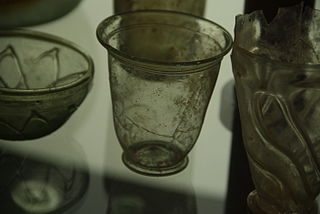
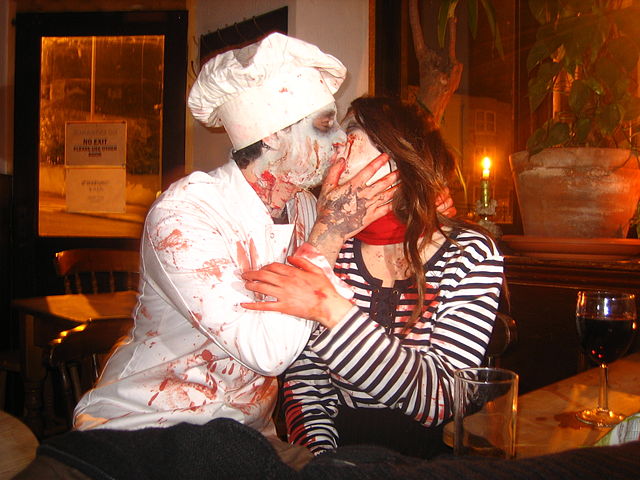


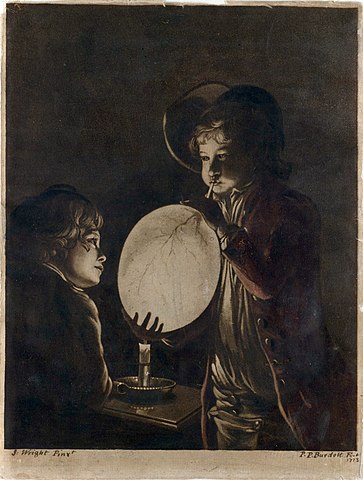

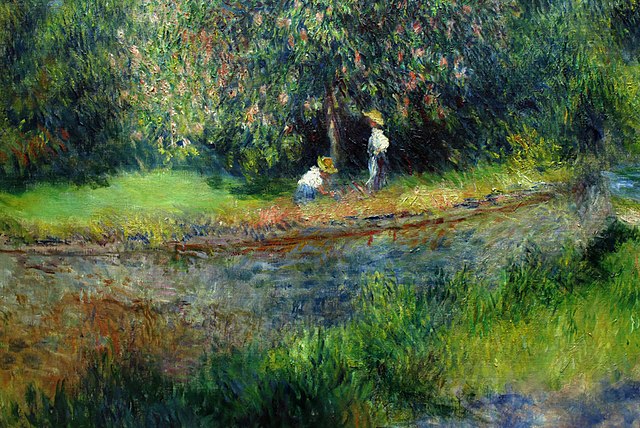

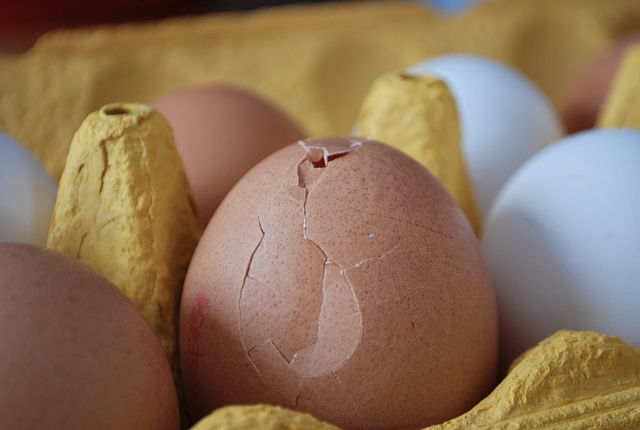


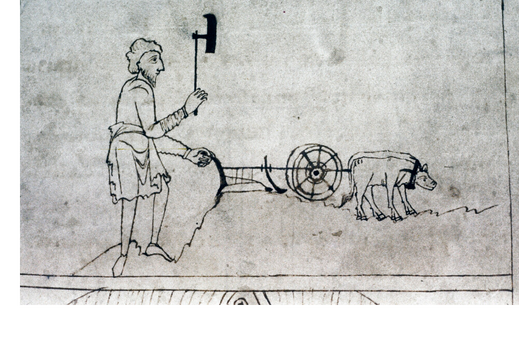
Commentary for Lorsch Riddle 5
NEVILLEMOGFORD
Date: Mon 07 Jun 2021Matching Riddle: Lorsch Riddle 5
I wanted to introduce this riddle with an appropriate pun, but unfortunately it was in very pour taste. That’s because the solution is a cup, probably of wine.
As with many of the Lorsch riddles, the subject is not a particularly original one. The eighth century churchman and poet, Aldhelm, wrote a riddle on a cup (Riddle 80). Cups also appear as solutions in Bern Riddle 6) and probably Exeter Book Riddles 11 and 59 too. Riddles on wine include Symphosius Riddles 82 and 83, Bern Riddles 13 and 63, and Aldhelm Riddle 78.
Interestingly, this is one of only two Lorsch riddle that are written in the third person—the other is Riddle 7. #LatinGrammarFanclub members will have noticed that although these adjectives are singular, all subsequent nouns, verbs, and adjectives are in the plural. In my translation, I have rendered this “poetic plural” in the singular.
The riddle begins by describing the cup as lucidus (“clear, glorious”) and laetus (“happy, luxuriant”), as it takes on the persona of the drinker. It is as if the wine cup is the life of the party! It “often sits with five limbs” (saepe solent quinis considere ramis)—this does not describe the creature’s arms and legs, but rather the five digits of the hand that hold it. This seems to be a variant of a common riddle motif that describes the fingers used for writing and other activities as three mysterious creatures—I mention this in my commentary on Bern Riddle 25. As with other alcohol riddles, there is a sense that the drink is always in command, even as it is held in the hand. The wine “commands” or “demands” (iubrere) drinkers to be joyous, when aedibus in mediis, literally “in public houses or halls.” Sadly, I am writing this commentary in the middle of the COVID-19 pandemic, so I haven’t visited one of these places for quite some time. Even though I rarely drink alcohol, I am very jealous of the cup right now!
We saw that Lorsch Riddles 2 and 3 juxtaposed the images of freedom and capture to create apparent paradoxes. Line 4 does something similar, telling us that the cup “plays” (ludere) and yet is also “held” (teneri). It then goes on to describe drinking as kissing—this is another common trope in early medieval riddles. The riddle’s use of quin (“even”) suggests that this is intended to be mildly salacious and risqué, with the sense of “he even kisses people!”
The tone changes notably in lines 6 and 7, when the cup’s draught has been drained, and tantumque remanet adhaerens / lucidus in ramis (“only a gleaming residue remains on the limbs”). The tone is an unmistakably nostalgic one—in a similar way, when all the joy of the party has passed, only glorious memories remain… and for those who have overdone it, a hangover too!
Related Posts:
Commentary for Exeter Riddle 11
Exeter Riddle 59
Bern Riddle 6: De calice
Bern Riddle 13: De vite
Bern Riddle 63: De vino